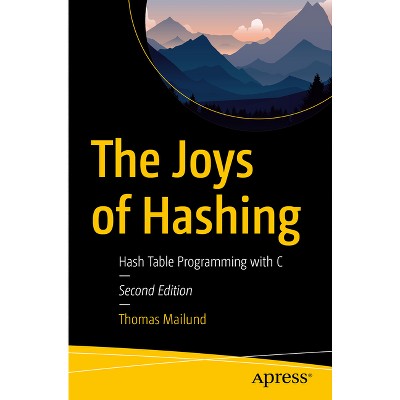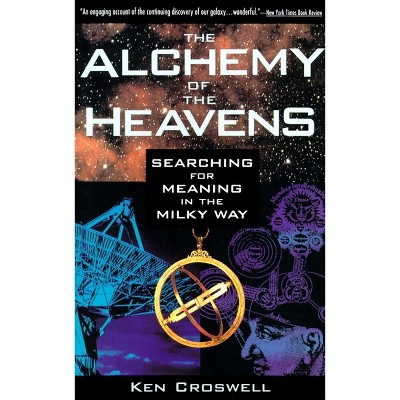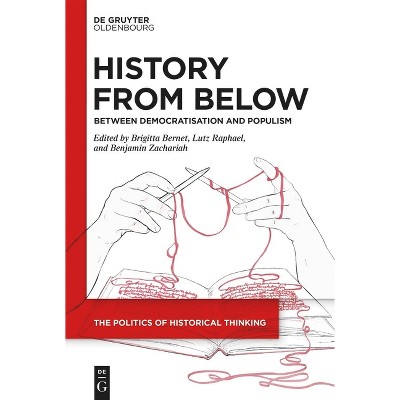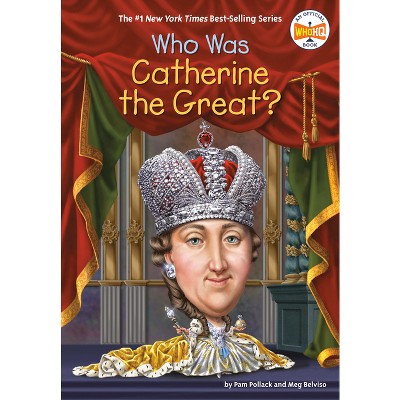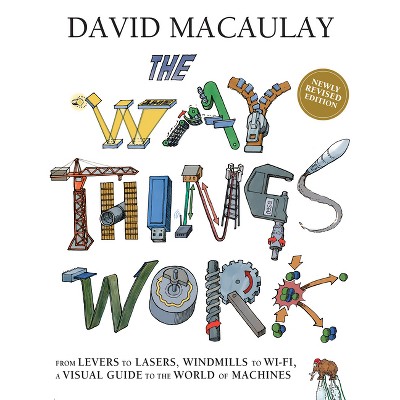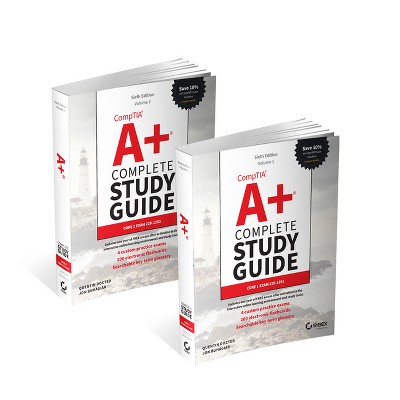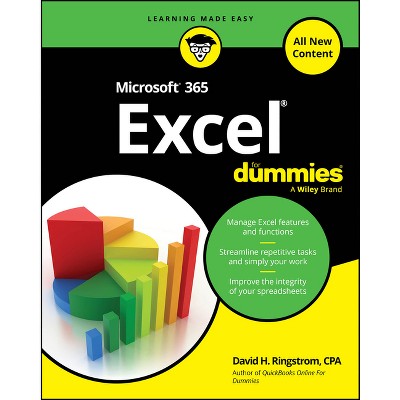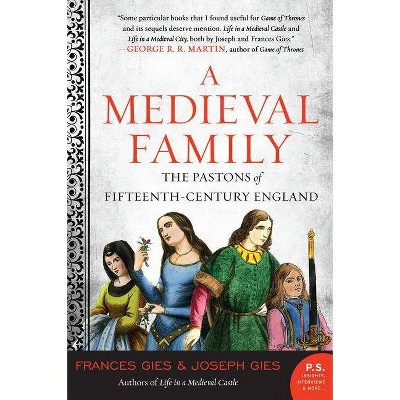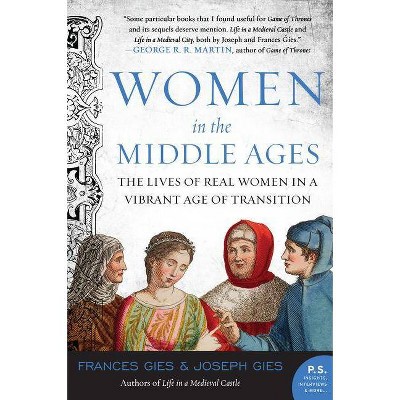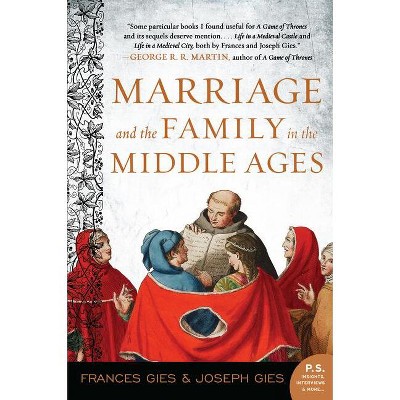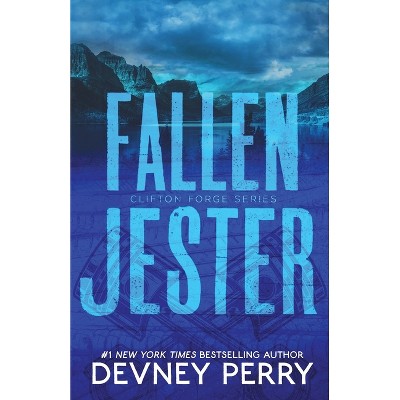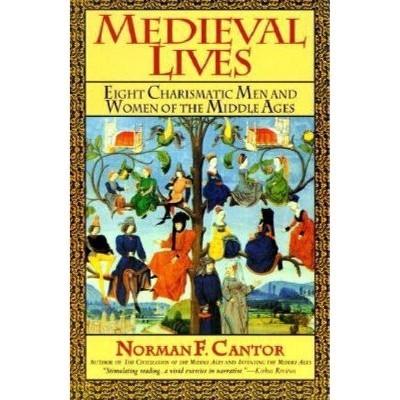Sponsored

Cathedral, Forge and Waterwheel - (Medieval Life) 60th Edition by Joseph Gies (Paperback)
In Stock
Sponsored
About this item
Highlights
- From bestselling historians Joseph and Frances Gies, whose books have been used by George R.R. Martin as source material for Game of Thrones, comes a classic book on innovation and technological change in medieval EuropeIn this account of Europe's rise to world leadership in technology, Frances and Joseph Gies show how early modern technology and experimental science were direct outgrowths of the decisive innovations of medieval Europe, in the tools and techniques of agriculture, craft industry, metallurgy, building construction, navigation, and war.
- Author(s): Joseph Gies
- 368 Pages
- Technology, Inventions
- Series Name: Medieval Life
Description
Book Synopsis
From bestselling historians Joseph and Frances Gies, whose books have been used by George R.R. Martin as source material for Game of Thrones, comes a classic book on innovation and technological change in medieval Europe
In this account of Europe's rise to world leadership in technology, Frances and Joseph Gies show how early modern technology and experimental science were direct outgrowths of the decisive innovations of medieval Europe, in the tools and techniques of agriculture, craft industry, metallurgy, building construction, navigation, and war. The Gieses report that many of Europe's most important inventions--the horse harness, the stirrup, the magnetic compass, cotton and silk cultivation and manufacture, papermaking, firearms, and "Arabic" numerals--had their origins outside Europe, in China, India, and the Middle East. Europe synthesized its own innovations--the three-field system, water power in industry, the full-rigged ship, the putting-out system--into a powerful new combination of technology, economics, and politics.
From the Back Cover
An illuminating look at the monumental inventions of the Middle Ages, by the authors of Life in a Medieval Castle.Review Quotes
"The Gieses here explode the myth of the Dark Ages, showing that the Fall of Rome did not plunge Europe into stagnation and lethargy.""--Booklist"
Shipping details
Return details
Frequently bought together
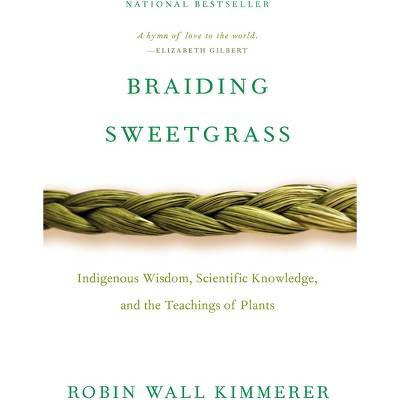
Trending Computers & Technology Books


